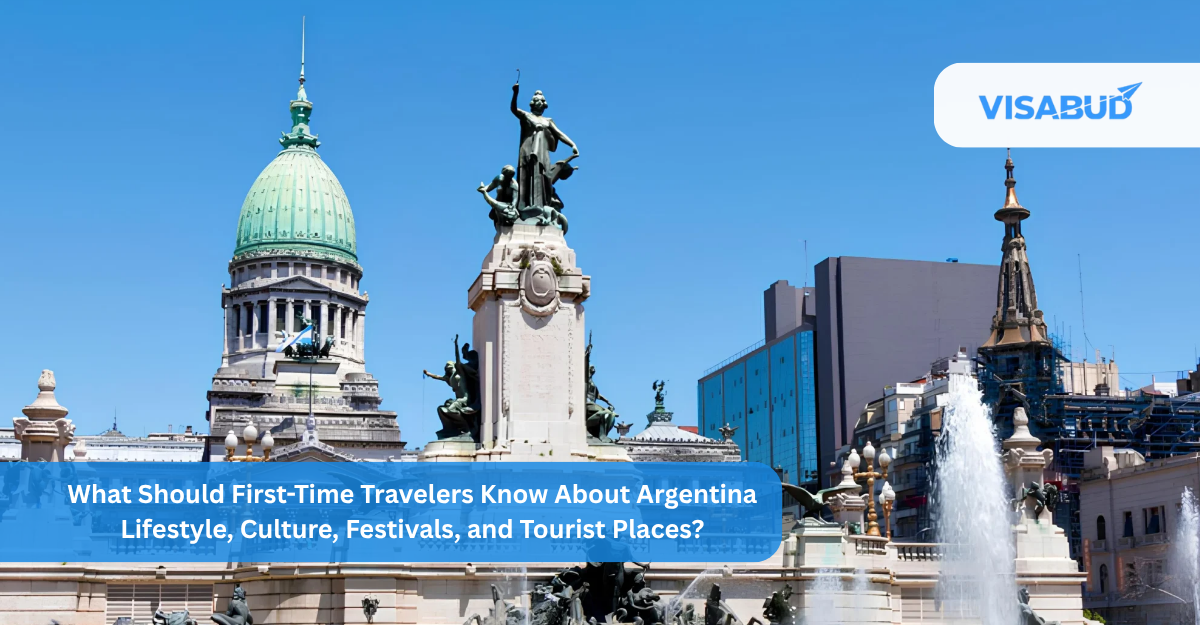Venezuela Travel Guide: All you need to know to visit Venezuela in 2025
Welcome to Venezuela
Venezuela country information
Venezuela is a nation situated on the northern coast of South America. Venezuela shares borders with Colombia to the west, Brazil to the south, and Guyana to the east, while the Caribbean Sea lies north.
Geography
Venezuela has an area of approximately 912,050 square kilometers (352,144 square miles) and is the 33rd largest country in the world. The country is known for its diverse landscapes, including the Andes Mountains, the Amazon Rainforest, the Caribbean coast, and the Orinoco River basin. The highest point in Venezuela is Pico Bolivar, 4,981 meters (16,342 feet) above sea level.
Population
Venezuela has an estimated population of 28.4 million people as of 2021. The country is the sixth-most populous country in Latin America and has a diverse population that includes indigenous people, Afro-Venezuelans, and people of European descent. The capital city, Caracas, is the largest in Venezuela and is home to approximately 2.9 million citizens, and is one of the biggest cities in South America.
Government
Venezuela is a federal presidential republic, with the President ruling as both the head of state and head of government. The state has a multi-party system, with the United Socialist Party of Venezuela (PSUV) currently holding most seats in the National Assembly.
Economy
Venezuela is a resource-rich country with the largest oil reserves in the world, and the petroleum industry is a notable contributor to the country’s economy. Venezuela is a part of OPEC, and oil export contributes significantly to the country’s GDP. In addition to oil, Venezuela has a diverse range of natural resources, including minerals and agricultural products such as coffee, cocoa, and tropical fruits. The mining industry produces iron ore, bauxite, and gold, while the manufacturing sector produces textiles, processed foods, and chemicals.
Culture
Indigenous, African, and European traditions influence Venezuela’s rich cultural heritage. Music is an essential aspect of Venezuelan culture, with genres such as salsa, merengue, and joropo being popular. The country is also known for its cuisine, which includes dishes such as arepas (cornmeal cakes), empanadas (meat-filled pastries), and pabellon criollo (a rice and bean dish).
Tourism
Venezuela has a diverse range of tourist attractions that draw visitors worldwide. The country is renowned for its natural beauty, with many landscapes ranging from mountains and rainforests to stunning beaches and offshore islands. Canaima National Park, home to Angel Falls, is a popular destination for nature lovers. Additionally, Margarita Island boasts beautiful beaches and vibrant nightlife. Visitors can glimpse briefly into the country’s rich history and cultural heritage by exploring the colonial city of Coro. Other notable tourist destinations include the Orinoco Delta, the Los Roques archipelago, and the historic city of Mérida.
Education
Compulsory education is free for all children aged 6 to 15 in Venezuela, and the country has a high literacy rate of approximately 95%. Venezuela’s education system is categorized into primary, secondary, and higher education. Both public and private schools provide primary and secondary education, while public universities mainly offer higher education. Venezuela has several universities and other higher education institutions, including the Central University of Venezuela, the University of the Andes, and the Simón Bolívar University.
Healthcare
Venezuela’s public healthcare system is known as the National Public Health System (SNPS), which provides free or low-cost healthcare to its citizens. The system is based on the principle of universal healthcare, meaning that all residents of Venezuela are entitled to healthcare services regardless of their ability to pay. The government funds the SNPS, with most funding from the National Budget. The system is decentralized, with each state and municipality responsible for managing and providing healthcare services to their residents.
Language
The official language of Venezuela is Spanish, the most widely spoken language in the country. In addition to Spanish, several indigenous languages are spoken by smaller communities in Venezuela, such as the Warao and Pemón languages. English is also spoken by some people in Venezuela, particularly in areas that attract foreign tourists or where international business is conducted.
Religion
The majority of the population in Venezuela identifies as Roman Catholic, and Catholicism has played a significant role in the country’s history and culture. However, there is also a significant Protestant population in Venezuela and smaller communities of Muslims, Jews, and followers of indigenous religions.
Related Articles

5 min read
What You Need to Know About Poland Lifestyle, Culture, and Travel Destinations
Poland is a country that beautifully bridges the gap between old-world charm and modern-day living. From its cobblestone streets and Gothic cathedrals to bustling cities and innovative industries, Poland offers
Read More
5 min read
What Should First-Time Travelers Know About Argentina Lifestyle, Culture, Festivals, and Tourist Places?
If you're thinking about visiting Argentina for the first time, you're probably wondering what life is like there, what festivals to see, and which places you shouldn't miss. This guide
Read More
5 min read
How Traveling Can Improve Your Mental Health and Outlook on Life
Travel isn’t just about snapping selfies or crossing destinations off a bucket list it can actually transform the way you think, feel, and experience the world. Whether it’s a weekend
Read MoreThe official language of Venezuela is Spanish. English is not widely spoken in the country, so learning basic Spanish phrases is recommended before traveling. Having a translation app or a phrasebook with you is also helpful for communicating with locals.
The official currency of Venezuela is the bolívar soberano (VES). However, due to high inflation, US dollars are widely accepted.
Yes, Indian citizens must obtain a visa to enter Venezuela.
Travelers from countries with a risk of yellow fever transmission must be vaccinated against yellow fever. It is also recommended to be up-to-date on routine vaccinations, such as measles-mumps-rubella (MMR), tetanus-diphtheria-pertussis, varicella (chickenpox), and polio.
Venezuela offers a diverse range of attractions for tourists, including Angel Falls, the highest waterfall in the world, the stunning beaches of Los Roques National Park, the colonial city of Mérida, and the Canaima National Park, a UNESCO World Heritage Site known for its unique geological formations and diverse flora and fauna.
